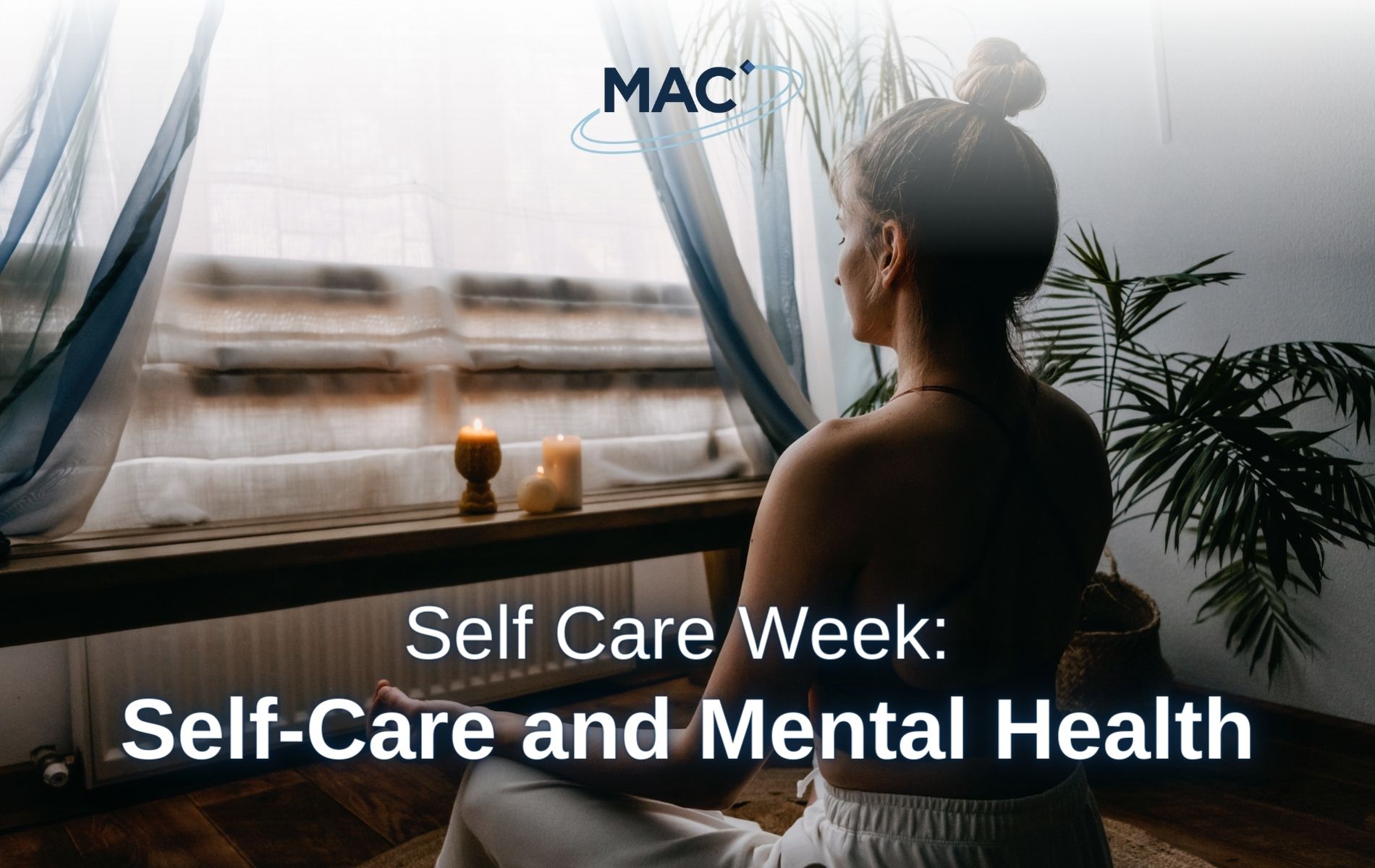In today’s non-stop world, it’s easy to overlook the importance of self-care. The demands of daily life can take a toll on anyone, but for those living with mental health issues, self-care is not a luxury—it’s a lifeline.
Organised by the Self-Care Forum, the theme for this year’s Self-Care Week is ‘Mind and Body’1. In this blog, we will be focusing on how self-care can be a resource for those who are living with conditions that affect their mind and mental health, in particular OCD and depression.
What is OCD?
OCD is a mental health condition characterised by two primary components: obsessions and compulsions. Obsessions typically manifest as intrusive, distressing thoughts, images, or urges that repeatedly enter a person’s mind. These thoughts are often irrational and can vary widely, from fears of contamination to concerns about harm coming to loved ones. Compulsions, on the other hand, are repetitive behaviours or mental acts that individuals with OCD feel compelled to perform to alleviate the anxiety caused by their obsessions, however, this relief is only temporary.
An estimated three-quarters of a million people are living with and affected by OCD in the UK2.
What is Depression?
Major Depressive Disorder (MDD) is a mental health disorder that can make an individual feel persistently sad for a long period of time. The condition has a range of symptoms, affecting everyone differently, but primarily includes feeling hopeless and sad, losing interest in things that you used to enjoy, irritability, and feelings of anxiousness or guilt, and shame.
Around 1 in 6 adults in the UK stated they have experienced moderate to severe depressive symptoms3.
What is Self-Care?
Self-care can include physical activity: even a short daily walk can have a big impact as regular exercise releases endorphins, which are natural mood lifters. Other lifestyle changes such as eating a balanced diet, ensuring a consistent sleep schedule, and practicing mindfulness are examples of self-care which can also help improve symptoms of mental health conditions.
Research has shown that 66% of young people cite poor sleep as negatively impacting their mental health4.
Medication and therapies can also help for some people. Where available, seeking professional help through therapy, such as Cognitive Behavioural Therapy (CBT), or counselling can help individuals to manage symptoms and put them on the road to recovery.
Why is Self-Care Important for Mental Health?
Living with OCD or depression can feel like a never-ending uphill battle, and that’s why self-care is indispensable. Here’s why it’s paramount:
- Symptom Management – Self-care practices empower individuals to confront and manage the symptoms of OCD and Depression. These techniques offer a sense of control and contribute to a better quality of life.
- Stress Reduction – Stress exacerbates the symptoms of mental health conditions. Self-care serves as an effective stress-reduction tool, promoting relaxation and emotional stability. In a study conducted with medical students, who statistically are more susceptible to stress and mental health conditions5, it found that 42% of respondents did not receive enough support with their work-life balance in order to practice self-care6.
- Lowering the Chances of Relapse – Consistent self-care is a powerful preventative measure, decreasing the likelihood of relapses or mitigating their severity. It acts as a protective barrier against the negative impacts of these conditions.
- Overall Wellbeing – Self-care promotes emotional, physical, and psychological wellbeing. It enhances self-esteem, brightens mood, and offers a sense of purpose.
When living with OCD or depression, taking care of your mental and emotional wellbeing is of utmost importance. Integrating self-care practices into your daily life can help to manage symptoms, reduce stress, and enhance your overall quality of life, something that MAC Clinical Research is committed to through clinical trials.
Clinical Trials for Mental Health
MAC Clinical Research is committed to improving the quality of life for those living with mental health conditions through clinical trials investigating potential new treatments.
If you’ve been living with OCD or OCD symptoms for the last year and your current antidepressant isn’t fully working, you could be eligible for MAC’s clinical trial. For more information, visit our OCD research webpage.
Or, if you’ve been diagnosed with Major Depressive Disorder, are currently taking a stable dose of antidepressant and you’re experiencing issues with memory, paying attention, and making decisions, you could be eligible for MAC’s clinical trial investigating a potential new treatment for depression with cognitive impairment. For more information, visit our MDD research webpage.
If eligible for either of these clinical trials, you’ll receive travel expenses, a full health check-up, and financial reimbursement (for our OCD clinical trial only).
Alternatively, register to be informed of upcoming depression treatment clinical trials.
1 Self Care Forum – Self Care Week
2 NHS Inform – Obsessive compulsive disorder (OCD)
3 Office for National Statistics – Cost of living and depression in adults, Great Britain: 29 September to 23 October 2022
4 Mental Health UK – Sleep and mental health
5 BMJ – Medical students face high levels of mental health problems but stigma stops them getting help
6 BMC Medical Education – Work-life balance in medical students




